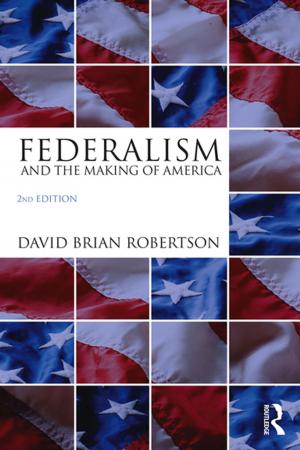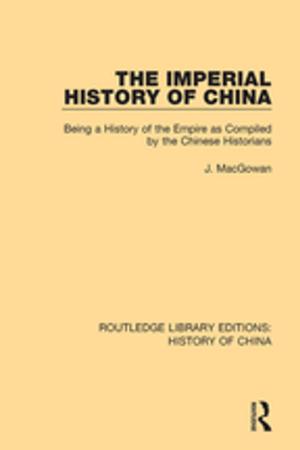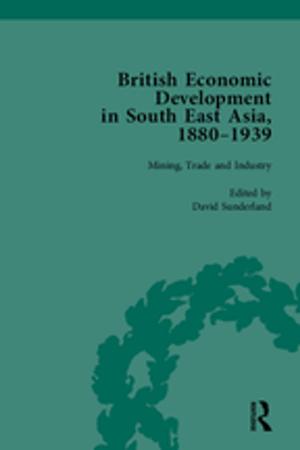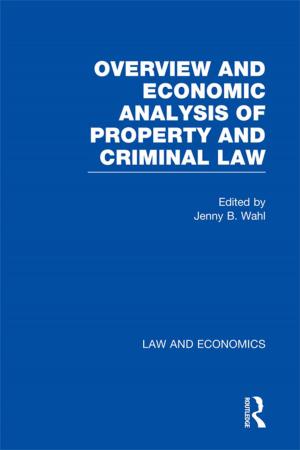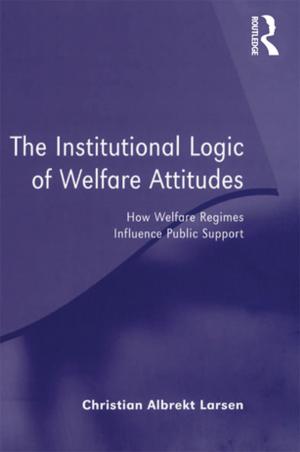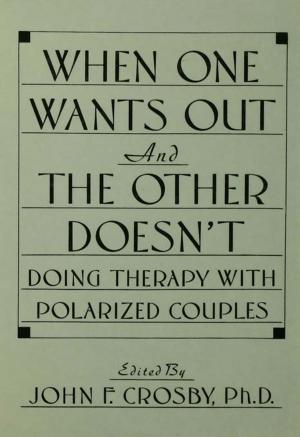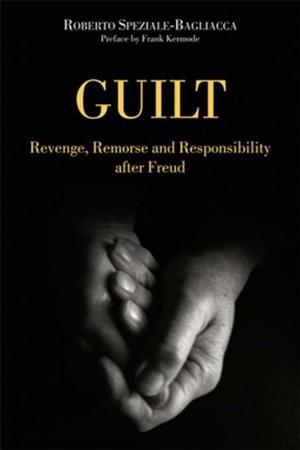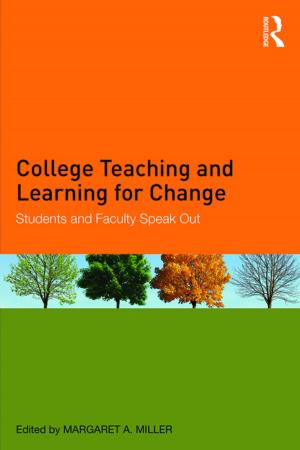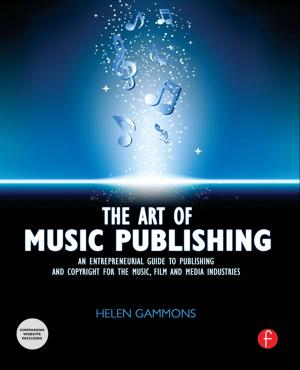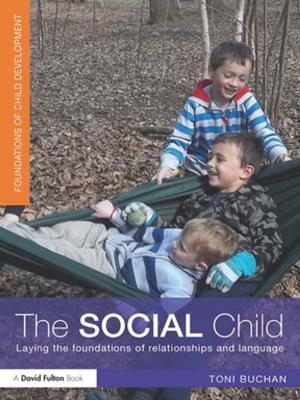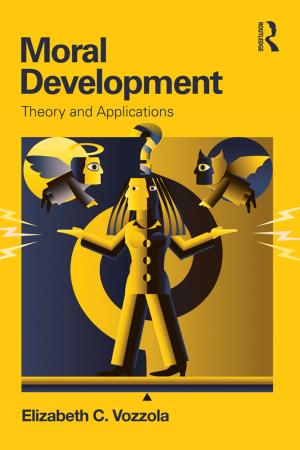Postmodernism And The Politics Of 'Culture'
Nonfiction, Social & Cultural Studies, Social Science, Sociology| Author: | Adam Katz | ISBN: | 9780429977756 |
| Publisher: | Taylor and Francis | Publication: | March 5, 2018 |
| Imprint: | Routledge | Language: | English |
| Author: | Adam Katz |
| ISBN: | 9780429977756 |
| Publisher: | Taylor and Francis |
| Publication: | March 5, 2018 |
| Imprint: | Routledge |
| Language: | English |
Postmodernism and the Politics of 'Culture' is a comparative critical analysis of the political and intellectual ambitions of postmodernist critical theory and the academic discipline of cultural studies. Katz's polemical aim is to show that cultural studies comes up short in both areas, because its practitioners focus on too-narrow issues-primarily, celebrating the folkways of micro-communities-while denying the very possibility of studying, understanding, and changing society in any comprehensive way and to any universally beneficial purpose. He argues that scholars and activists alike would do well to make use of the analytical tools of postmodernist critical theory, whose practitioners acknowledge the political significance of the differences between social groups, but do not consider them to be unbridgeable, and so seek to develop a set of practices for creating a truly inclusive, truly democratic public sphere.
Postmodernism and the Politics of 'Culture' is a comparative critical analysis of the political and intellectual ambitions of postmodernist critical theory and the academic discipline of cultural studies. Katz's polemical aim is to show that cultural studies comes up short in both areas, because its practitioners focus on too-narrow issues-primarily, celebrating the folkways of micro-communities-while denying the very possibility of studying, understanding, and changing society in any comprehensive way and to any universally beneficial purpose. He argues that scholars and activists alike would do well to make use of the analytical tools of postmodernist critical theory, whose practitioners acknowledge the political significance of the differences between social groups, but do not consider them to be unbridgeable, and so seek to develop a set of practices for creating a truly inclusive, truly democratic public sphere.



